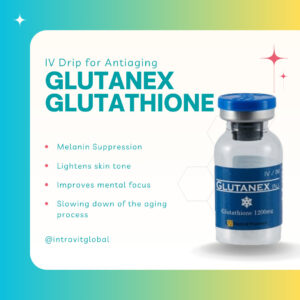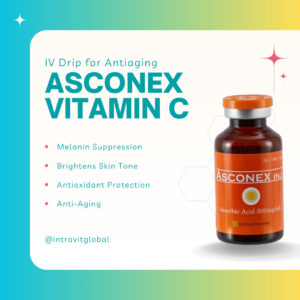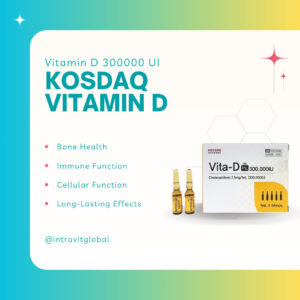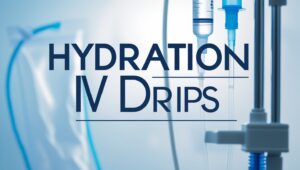How Do Hydration IV Drips Work?
Table of Contents
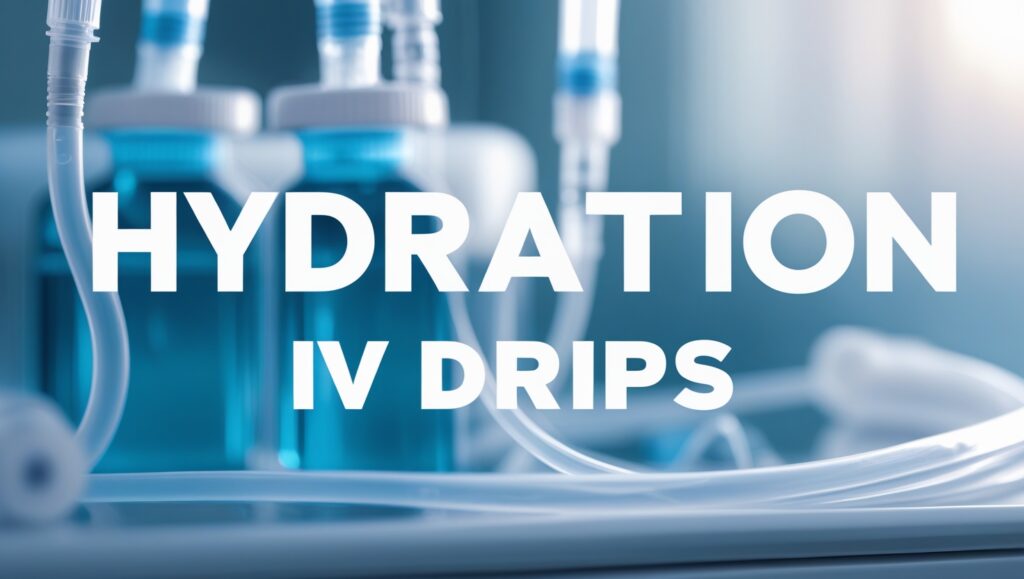
Hydration IV Drips
1. What Are Hydration IV Drips?
Hydration IV drips are a method of delivering fluids, electrolytes, vitamins, and minerals directly into the bloodstream through an intravenous line. Unlike drinking water or oral hydration solutions, IV drips bypass the digestive system, allowing for faster and more efficient absorption. They’re commonly used in medical settings for treating dehydration, but they’ve recently gained popularity among health enthusiasts for their wellness benefits.
By providing a direct route for essential nutrients, hydration IV drips offer quick relief from dehydration, fatigue, and other issues associated with fluid imbalances. They are often customized to meet individual needs, making them versatile for various purposes like athletic recovery, immune boosting, or combating hangovers.
2. How Do Hydration IV Drips Work?
Hydration IV drips work by delivering a saline-based solution mixed with necessary nutrients directly into your bloodstream via an intravenous line inserted into a vein, usually in your arm. The process ensures that the body quickly absorbs the fluids and nutrients, unlike oral hydration, where the digestive system slows down absorption.
The intravenous route enables the nutrients to bypass digestive barriers, making it particularly effective for individuals with dehydration, nausea, or digestive issues. Each session typically lasts between 30 to 60 minutes, and its effects can be felt almost immediately, offering a rapid solution to fluid loss and nutrient deficiencies.
3. Benefits of Hydration IV Drips
Hydration IV drips offer numerous benefits, ranging from physical to mental improvements. Here’s how they can positively impact your health and well-being:
Physical Benefits: They rapidly replenish lost fluids, making them an excellent solution for dehydration caused by strenuous exercise, illness, or heat exhaustion. IV drips often include electrolytes like sodium, potassium, and magnesium, which restore balance and prevent muscle cramps or fatigue.
Mental and Cognitive Benefits: Dehydration can affect cognitive functions, leading to brain fog, difficulty concentrating, and irritability. Hydration IV drips can help clear the mind and improve focus by providing a direct infusion of fluids and nutrients that promote brain health.
Moreover, these drips are tailored to individual needs. Whether you’re recovering from an illness, looking to boost your immune system, or needing extra energy for an active lifestyle, hydration IVs offer quick and effective support. The immediate absorption ensures faster results compared to oral hydration, making them a popular choice for wellness seekers.
4. Common Ingredients in Hydration IV Drips
Hydration IV drips typically contain a blend of essential components designed to meet specific health needs:
Saline Solution: A sterile mix of water and sodium chloride, it acts as the base fluid, replenishing hydration and maintaining electrolyte balance.
Electrolytes: Minerals like potassium, calcium, and magnesium are included to regulate nerve function, muscle contractions, and hydration levels.
Vitamins and Minerals: Common additions include Vitamin C for immune support, Vitamin B12 for energy, and magnesium for muscle relaxation. Some drips also contain glutathione, an antioxidant that supports detoxification and skin health.
By combining these ingredients, IV drips provide a tailored approach to addressing specific health concerns, whether you’re combating fatigue, boosting immunity, or recovering from dehydration.
5. Who Can Benefit from Hydration IV Drips?
Hydration IV drips are beneficial for a wide range of individuals, including:
Athletes: After intense physical activity, athletes lose fluids and electrolytes through sweat. IV drips help replenish these quickly, reducing muscle soreness and promoting faster recovery.
Individuals with Chronic Dehydration: Conditions like diabetes or illnesses that cause persistent dehydration can be managed effectively with regular IV therapy.
People Recovering from Illness: Whether recovering from the flu, food poisoning, or surgery, hydration IVs provide much-needed nutrients to speed up recovery and combat weakness.
Travelers: For those dealing with jet lag or dehydration from long flights, IV therapy offers a quick way to rehydrate and rejuvenate.
IV drips aren’t just for medical needs—they’re also used by those seeking improved energy levels, clearer skin, and overall wellness.
6. The Science Behind Hydration IV Drips
The effectiveness of hydration IV drips lies in their ability to deliver nutrients directly into the bloodstream. Unlike oral hydration, where absorption depends on the efficiency of the digestive system, IV drips bypass this route entirely. This is particularly useful in cases where dehydration is severe or digestion is impaired.
For instance, after a rigorous workout, the body loses both fluids and electrolytes. While drinking water may help, it doesn’t restore electrolyte balance as effectively as an IV. Similarly, individuals experiencing nausea or vomiting can struggle to retain fluids orally, making IV therapy an ideal solution.
Research also suggests that intravenous hydration promotes better absorption of vitamins and minerals, enhancing their bioavailability and ensuring your body gets the maximum benefit from the nutrients provided.
7. Comparison: IV Drips vs. Oral Hydration
When it comes to rehydration, IV drips and oral hydration serve the same purpose but differ significantly in effectiveness and application.
Efficiency: IV drips deliver fluids and nutrients directly into the bloodstream, ensuring nearly 100% absorption. In contrast, oral hydration depends on the digestive system, which slows down the process and reduces the amount absorbed.
Absorption Rates: With oral hydration, factors like gut health and hydration levels can affect how efficiently your body absorbs nutrients. IV hydration bypasses these barriers, making it an ideal choice for those with digestive issues or severe dehydration.
Application: Oral hydration is suitable for everyday needs like quenching thirst or maintaining hydration. On the other hand, IV drips are best for acute cases such as severe dehydration, post-surgical recovery, or immediate electrolyte replenishment.
While IV therapy offers speed and efficiency, it is generally more expensive and invasive compared to drinking water. The choice depends on individual needs, but IV drips are an excellent option for rapid rehydration and nutrient replenishment.
8. Popular Uses of Hydration IV Drips
Hydration IV drips have gained popularity for their wide range of applications, including:
Hangover Relief: Excessive alcohol consumption leads to dehydration and nutrient depletion. Hydration IVs rehydrate the body quickly and restore electrolytes, helping alleviate headaches, fatigue, and nausea.
Post-Workout Recovery: After intense physical activity, your body loses fluids and essential minerals. An IV drip can speed up recovery by replenishing hydration and reducing muscle soreness, enabling athletes to perform at their best.
Jet Lag Recovery: Long flights often result in dehydration and fatigue. Hydration IVs help travelers recover quickly, boosting energy and combating the effects of travel-induced dehydration.
Immune Support: Specially formulated drips with vitamins like C and B12 enhance the immune system, making them popular during cold and flu seasons.
These targeted applications have made hydration IV drips a go-to solution for people seeking quick, effective relief from specific health concerns.
9. Are Hydration IV Drips Safe?
Hydration IV drips are generally safe when administered by trained professionals in a controlled environment. However, as with any medical treatment, there are potential risks and side effects.
Potential Side Effects: Some individuals may experience mild discomfort at the injection site, including redness, swelling, or bruising. Rarely, more serious complications like infections or vein inflammation (phlebitis) may occur.
Safety Precautions: To minimize risks, IV drips should be administered by licensed professionals who follow strict hygiene standards. It’s also crucial to disclose your medical history to ensure compatibility with the drip ingredients.
When used responsibly, hydration IV drips offer a safe and effective way to rehydrate and revitalize your body. Consulting with a healthcare provider beforehand is recommended to ensure the treatment suits your needs.
10. How to Choose a Reliable Hydration IV Provider
Selecting the right provider for hydration IV drips is essential to ensure safety and effectiveness. Here are some factors to consider:
Certifications and Experience: Verify that the provider employs licensed medical professionals, such as nurses or doctors, with experience in administering IV therapy.
Transparency: Reputable providers should clearly explain their treatment options, including the ingredients in the IV drips and their potential benefits.
Customer Reviews: Look for reviews or testimonials from previous clients to gauge the provider’s reliability and customer satisfaction.
Hygiene Standards: Ensure that the facility maintains strict hygiene protocols to minimize the risk of infection or complications.
A trustworthy provider prioritizes your health and tailors the treatment to your individual needs, making the experience both safe and beneficial.
Conclusion
Hydration IV drips are a revolutionary way to combat dehydration, boost energy levels, and address specific health concerns. Whether you’re an athlete looking for faster recovery, a traveler battling jet lag, or someone needing immune support, IV drips offer a customizable and efficient solution. By understanding their benefits, safety precautions, and proper usage, you can make an informed decision about incorporating hydration IV therapy into your wellness routine.
FAQs
Are hydration IV drips painful?
The process involves a small needle insertion, which may cause minor discomfort, but most people find it tolerable.How often can I get hydration IV drips?
This depends on your needs and health conditions. Some people opt for weekly sessions, while others use them occasionally for recovery.Can anyone get a hydration IV drip?
Most people can benefit, but those with certain health conditions (like kidney disease) should consult a doctor first.How long do the effects of a hydration IV drip last?
The effects can last a few days to a week, depending on your hydration level and activity.Is hydration IV therapy covered by insurance?
It’s typically not covered unless prescribed for medical reasons. Check with your provider for details.
-
Vitamin Drips
Glutanex Glutathione 1200mg IV Drip for Antiaging, Melanin Suppression, Antioxidant Skin Brightness Benefits
£20.00 – £120.00 Select options This product has multiple variants. The options may be chosen on the product pageRated 0 out of 5 -
Vitamin Drips
Asconex Vitamin C (Ascorbic Acid) IV Drip for Antiaging, Melanin Suppression, Antioxidant and Skin Brightness Benefits
£10.00 – £70.00 Select options This product has multiple variants. The options may be chosen on the product pageRated 0 out of 5 -
Vitamin Drips
Kosdaq Vitamin D 300000 IU Cholecalciferol per vial box of 10 ampoules
£20.00 – £140.00 Select options This product has multiple variants. The options may be chosen on the product pageRated 0 out of 5
Checkout our Facebook Page and leave your review about our Health Care Products.

